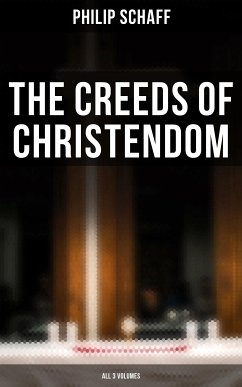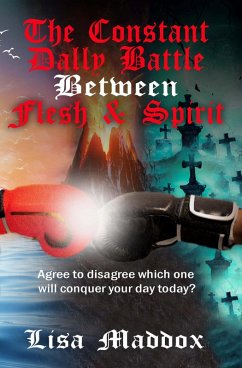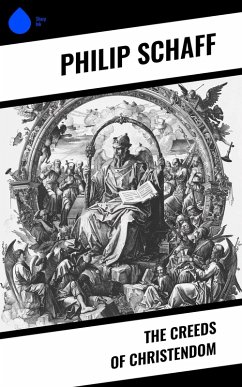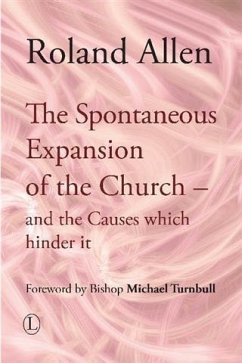
An Admonition showing, the Advantages which Christendom might derive from an Inventory of Relics (eBook, ePUB)
Sofort per Download lieferbar
1,99 €
inkl. MwSt.

PAYBACK Punkte
0 °P sammeln!
In "An Admonition showing, the Advantages which Christendom might derive from an Inventory of Relics," John Calvin presents a rigorous theological discourse interwoven with a critique of the prevalent veneration of relics in 16th-century Europe. Written in a period marked by the Protestant Reformation, this treatise employs a clear, didactic style that challenges ecclesiastical traditions while advocating for a return to the scriptural basis of faith. Calvin meticulously argues for the spiritual dangers associated with the excessive reverence of relics, positioning his thoughts within the broa...
In "An Admonition showing, the Advantages which Christendom might derive from an Inventory of Relics," John Calvin presents a rigorous theological discourse interwoven with a critique of the prevalent veneration of relics in 16th-century Europe. Written in a period marked by the Protestant Reformation, this treatise employs a clear, didactic style that challenges ecclesiastical traditions while advocating for a return to the scriptural basis of faith. Calvin meticulously argues for the spiritual dangers associated with the excessive reverence of relics, positioning his thoughts within the broader context of reformist critiques that prioritize faith and the direct relationship between the believer and God over material representations of holiness. Calvin, a central figure of the Reformation, was profoundly influenced by his background in law and theology. His commitment to the purity of Christian doctrine and ecclesiastical reform motivated him to examine and denounce practices he perceived as idolatrous. This work exemplifies his dedication to ensuring that the church aligns with the teachings of Scripture, reflecting his broader vision for a reformed Christendom unencumbered by superstition. Readers interested in the intersection of theology, history, and reform will find this book both enlightening and provocative. Calvin's incisive critique not only illuminates the pitfalls of relic veneration but also serves as a call for Christians to reevaluate core aspects of their faith. This text is essential for understanding the theological debates that shaped modern Christianity.
Dieser Download kann aus rechtlichen Gründen nur mit Rechnungsadresse in A, B, BG, CY, CZ, D, DK, EW, E, FIN, F, GR, H, IRL, I, LT, L, LR, M, NL, PL, P, R, S, SLO, SK ausgeliefert werden.













